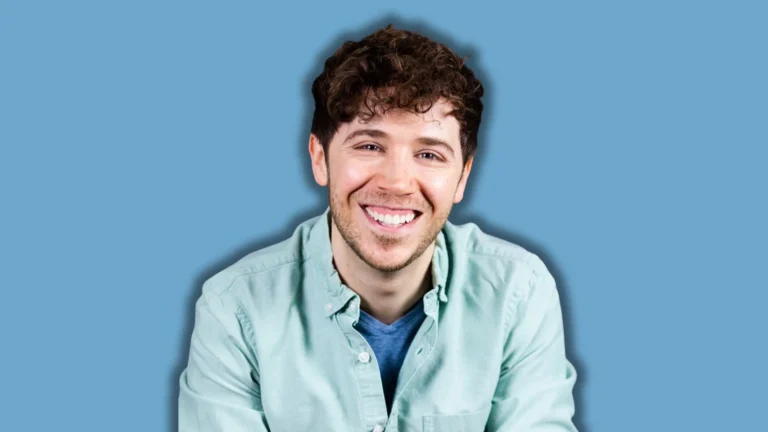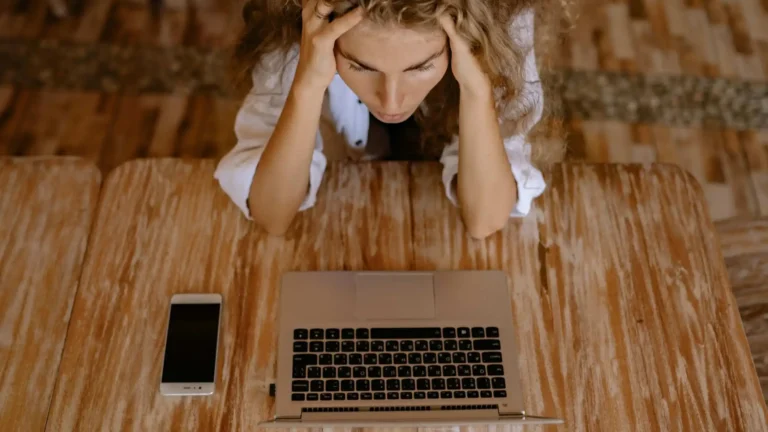On November 26th, a Los Angeles Times Op-Ed bore the title ‘Behind the harassment scandals, another dirty little secret: pornography’. Here at the National Center on Sexual Exploitation, we could not agree more. With each newly exposed scandal, it becomes more and more clear that the issue of sexual exploitation must be fought not only by recognizing its effects but also by addressing the factors that drive sexual harassment, especially pornography.
The article, written by University of Texas at Austin assistant professor Zac Crippen, does an excellent job of explaining the negative effects that porn has on the individual and on society. Crippen details three factors that reinforce learning in the human brain: the arousal of the sympathetic nervous system, the accompaniment of biological rewards, and the performance of the given behavior by role models. Crippen explains, “Porn does all of those things, stimulating its aroused viewers with dopamine surges while they watch actors engage in sexual behavior on screen.”
What are the lessons reinforced by these factors? Just a few of the ideas that pornography repeatedly promotes are that women enjoy sexual violence, that ‘no’ means ‘yes,’ and that women are sex objects that exist solely for the pleasure of men—in short, that sexual exploitation is not only normal but also desirable. An analysis of the fifty most popular pornographic videos (videos bought and rented most often) showed that 88% of scenes contained physical violence, and that 49% contained verbal aggression. Of these demeaning acts, 87% targeted women, with 95% of female responses being either neutral or expressions of pleasure. Visit the NCOSE page on the public health implications of pornography (found here) for more facts about the links between pornography and sexual violence.
Not only is this message damaging and disturbing, it is reaching an audience of staggering proportions. In a study of millennials ages 25-30, 27% reported that they had first viewed hardcore pornography before even reaching puberty and that 64% of people ages 13-24 actively seek out pornography weekly or more often.
If such a large percentage of the population is exposed to such influential ideas so frequently, is it any wonder that so many follow the path of Harvey Weinstein, Kevin Spacey, and Louis CK? In the words of Zac Crippen, “The connection to assault is at least partly circular: We have a sexual violence problem because we have a porn problem, and vice versa.”
After addressing this connection, Crippen relates the issue to two past public health issues faced and tackled in the United States: smoking and HIV. As previously discussed at NCOSE, national public health efforts to combat these problems proved to be very successful and can and should be emulated in the fight against pornography (and ultimately against sexual harassment as a whole). Crippen presents an intriguing idea in referring to government-sponsored websites and apps (for example HIV.gov, MentalHealth.gov, and SmokeFree.gov) designed to promote wellbeing and healthy lifestyles. He imagines a ‘NoPorn.gov’ or something similar to help educate the public about the harms of pornography and help people end pornography habits.
We applaud Zac Crippen for his article and will continue to fight the epidemic of sexual harassment by targeting pornography, the foundation of sexual exploitation culture.





